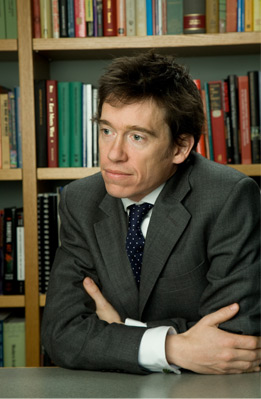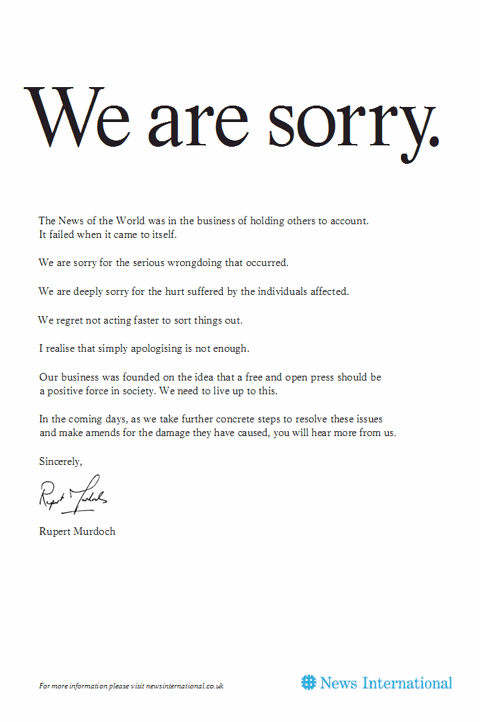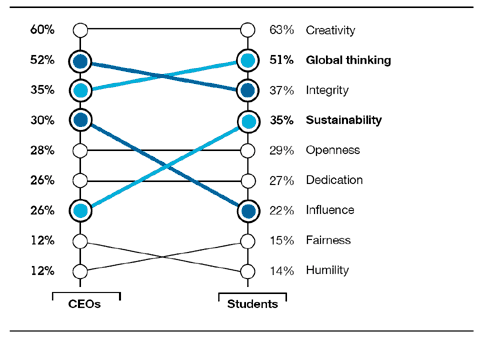 I’ve been reading this Grauniad interview with Rory Stewart, MP, referred by Jordan McCluskey. I’m told that Stewart, and Labour’s Frank Field are the two worth listening to these days in British politics. On Stewart, someone who can speak with a Scots accent and has lived in Hong Kong must be a good bloke.
I’ve been reading this Grauniad interview with Rory Stewart, MP, referred by Jordan McCluskey. I’m told that Stewart, and Labour’s Frank Field are the two worth listening to these days in British politics. On Stewart, someone who can speak with a Scots accent and has lived in Hong Kong must be a good bloke.
Two quotations resonated from this interview, which I posted on Tumblr this morning.
Our entire conceptual framework was mad. All these theories—counterinsurgency warfare, state building—were actually complete abstract madness. They were like very weird religious systems, because they always break down into three principles, 10 functions, seven this or that. So they’re reminiscent of Buddhists who say: ‘These are the four paths,’ or of Christians who say: ‘These are the seven deadly sins.’ They’re sort of theologies, essentially, made by people like Buddhist monks in the eighth century—people who have a fundamental faith, which is probably, in the end, itself completely delusional.
And:
We have to create a thousand little city states, and give the power right down to all the bright, energetic people everywhere who just feel superfluous.
The second is familiar to anyone who follows this blog: my belief that people are connected to their cities and their communities, probably as a counterpoint to how easily we can reach all corners of the world through the internet. We want that local fix and to make a contribution. Power should be decentralizing in the early 21st century—which is why I thought it odd that the majority of my opponents in the mayoral election took the line of, ‘We should cosy up and further the cause of statism,’ even if they did not express it quite that way. In every speech. Yes, a city should work with central government, but we do different things and, being closer to the action, we can find ways of doing it more effectively and quickly. With statism being an aim, then the regular entrepreneurs—or even as Stewart says, ‘bright, energetic people’—came further down the list. For me, they were always at the top.
But the first quotation is more interesting. In my work, especially in brand consulting, I’ve harboured a dislike for the manuals that get done but are never referred to. Better that a lot of work goes into a 15 pp. report than scant work going into a 150 pp. one. The former might not look impressive but if every word in there is filled with substance, then it can help get an organization into high gear. And the shorter one is usually harder to write because more preparation goes into it.
In short: take out the wank.
Strip out the wank and you can see the truths for what they are. And if they don’t apply, then try to find ones that do.
Yet to make ourselves look smart—remember, I did law, and that area is filled with a lot of it—we bury things in jargon so that we keep everything a closed shop. Every profession has such a tendency. However, when things are actually revealed in plain language, does it make the specialist look superfluous? On the contrary, it makes them able to connect with an audience who come to appreciate their expertise. (On a side note, in terms of car repair, this is why I go to That Car Place.)
So when we start dealing in international geopolitics, we want to keep the power among a closed shop. The words that Stewart used served to highlight the gulf of the occident in its dealings in Afghanistan—that is the context of his remark—and it connects with a story I remember about a certain US policy institute when I was studying law. Our lecturer said the failure of the institute in the countries it went to was its expectation that a US solution could be imposed, whereby everything would then be all right. Use enough jargon to make it all sound legitimate to the casual observer. The consequence of this (whether this was his conclusion or mine, I do not recall): blame them when it doesn’t work.
Without understanding the cultural context of why things are the way they are in a given system—and lacking the knowledge to analyse it and quickly localizing your knowledge and gaining the context—make for a disadvantage. It must be said that even some within a system don’t realize the context! But you can strip away the mystery by simplifying the language, removing the jargon, and understanding things the way they are. Progress comes from understanding, not from creating mysteries—and Stewart is wise to have come to the conclusions he has, thanks in no small part from a global, well travelled context.






